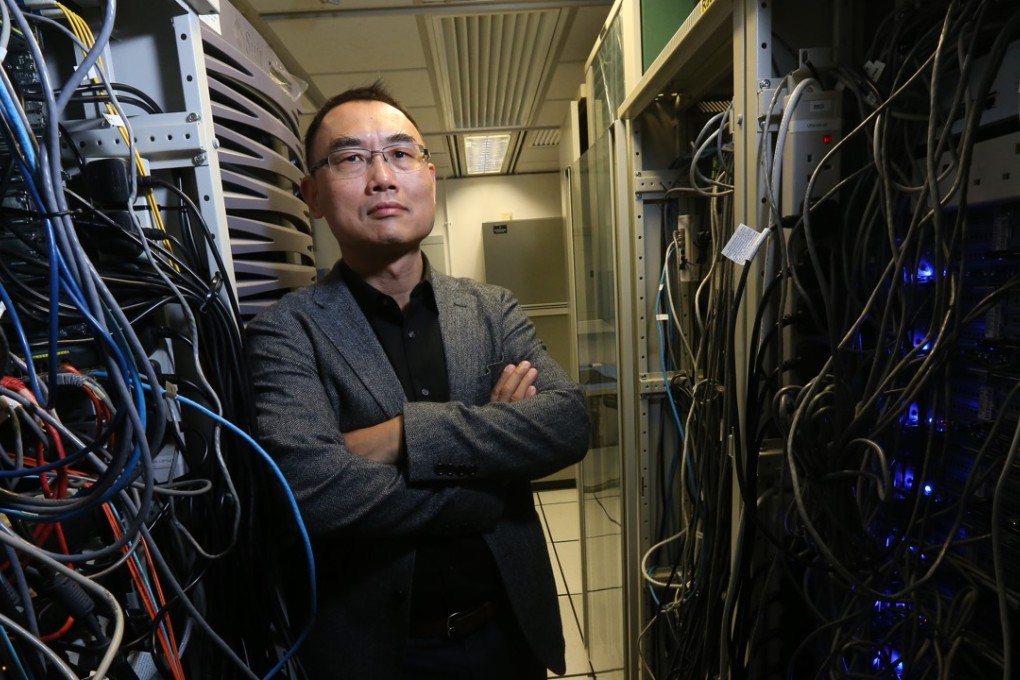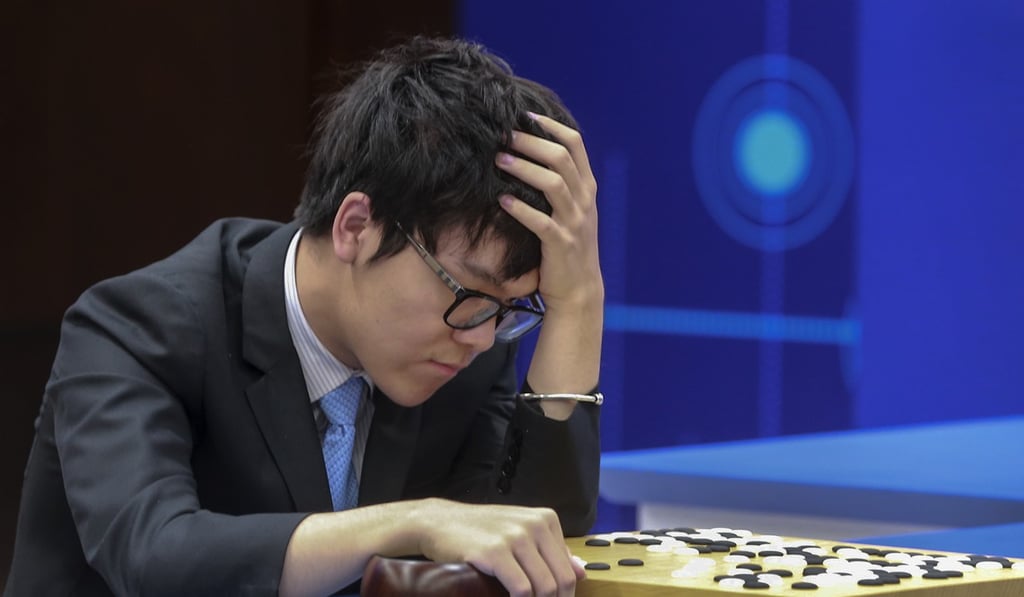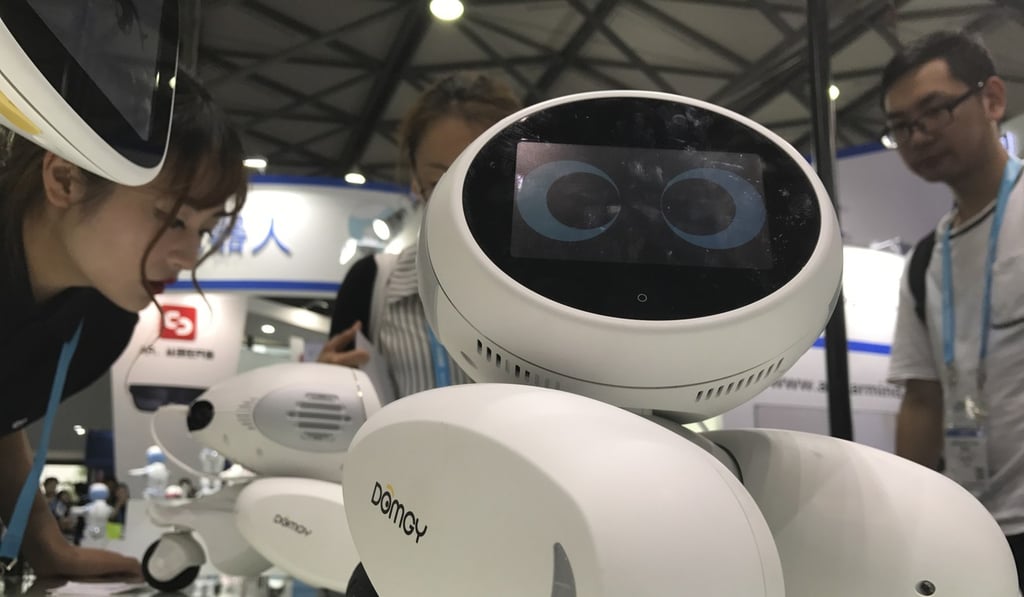Advertisement
Carrie Lam’s pledge to invest in technology a smart move as the global AI contest heats up
Winnie Tang says with the race to acquire more innovation investment and recruit talent increasingly fierce, the chief executive’s policy address pledge to boost spending on innovation in Hong Kong is not before time
Reading Time:2 minutes
Why you can trust SCMP

Education and talent were a focus of discussions about artificial intelligence and its influence on smart cities’ development, during the recent International Telecommunication Union forum, since AI and smart cities both face talent shortages.
Advertisement
Universities are battlefields for acquiring talent. Google last year successfully recruited its AI Laboratory director – the famous Chinese professor Li Feifei who studies computer vision (teaching computers to interpret images) – from Stanford University. The Canadian government has provided C$263 million (HK$1.64 billion) to three universities in Montreal for training AI talent.

Artificial intelligence is changing the world, but IQ isn’t everything
Korea’s National Assembly, after AI defeated the nation’s Go master last year, increased the budget for a new AI research and development centre to 1 trillion won (HK$6.9 billion), an increase of more than 55 per cent.
Singapore began relaxing its EntrePass scheme in August to attract more foreign technology entrepreneurs. Those with a good track record can move to the city state even if their business is still in the exploratory stage and they no longer need government-recognised venture capital investment, intellectual property holdings or to cooperate with local research institutes.

Artificial intelligence: The doctors Chinese patients can’t beat up
As for China, in September, the government began strengthening science education: primary school grade one and two pupils must have at least one hour of science study every week, and tertiary institutions should have more AI-related master and doctoral degree courses to meet the “New Generation of Artificial Intelligence Development Plan” announced by the State Council in July, which aims to make China the global innovative AI power by 2030.

Advertisement